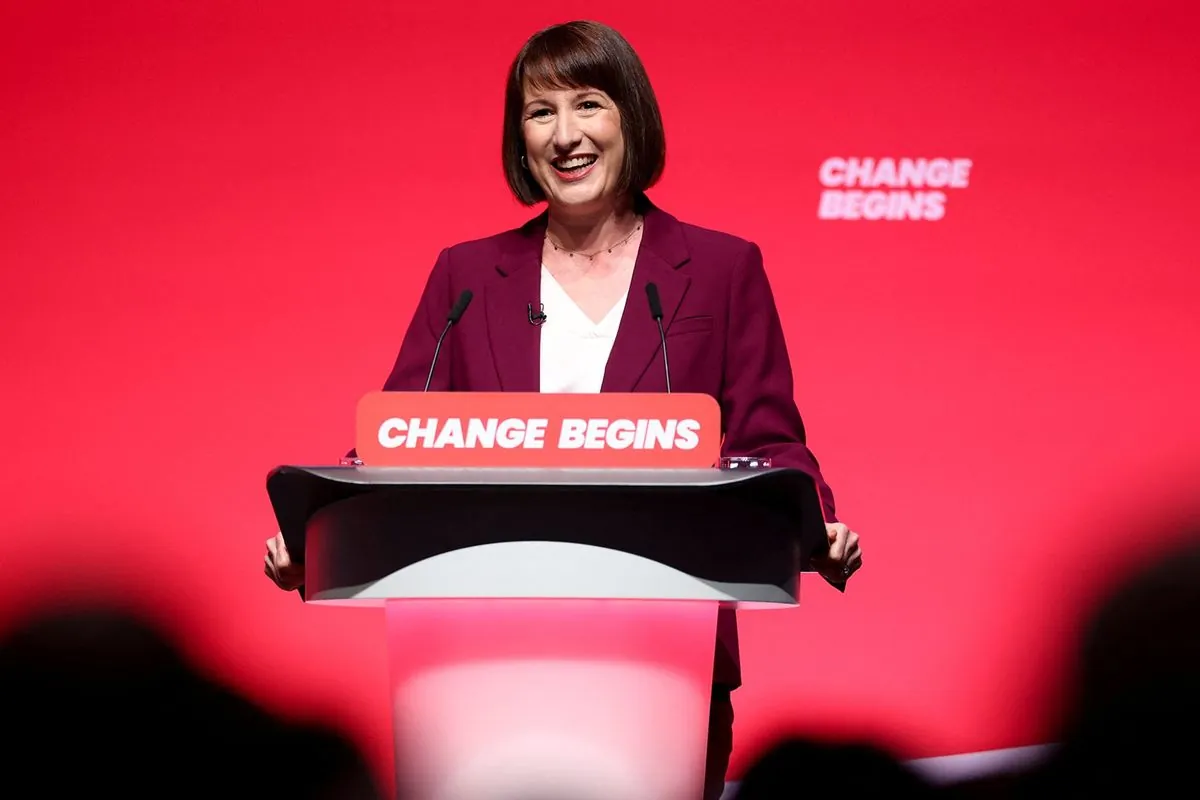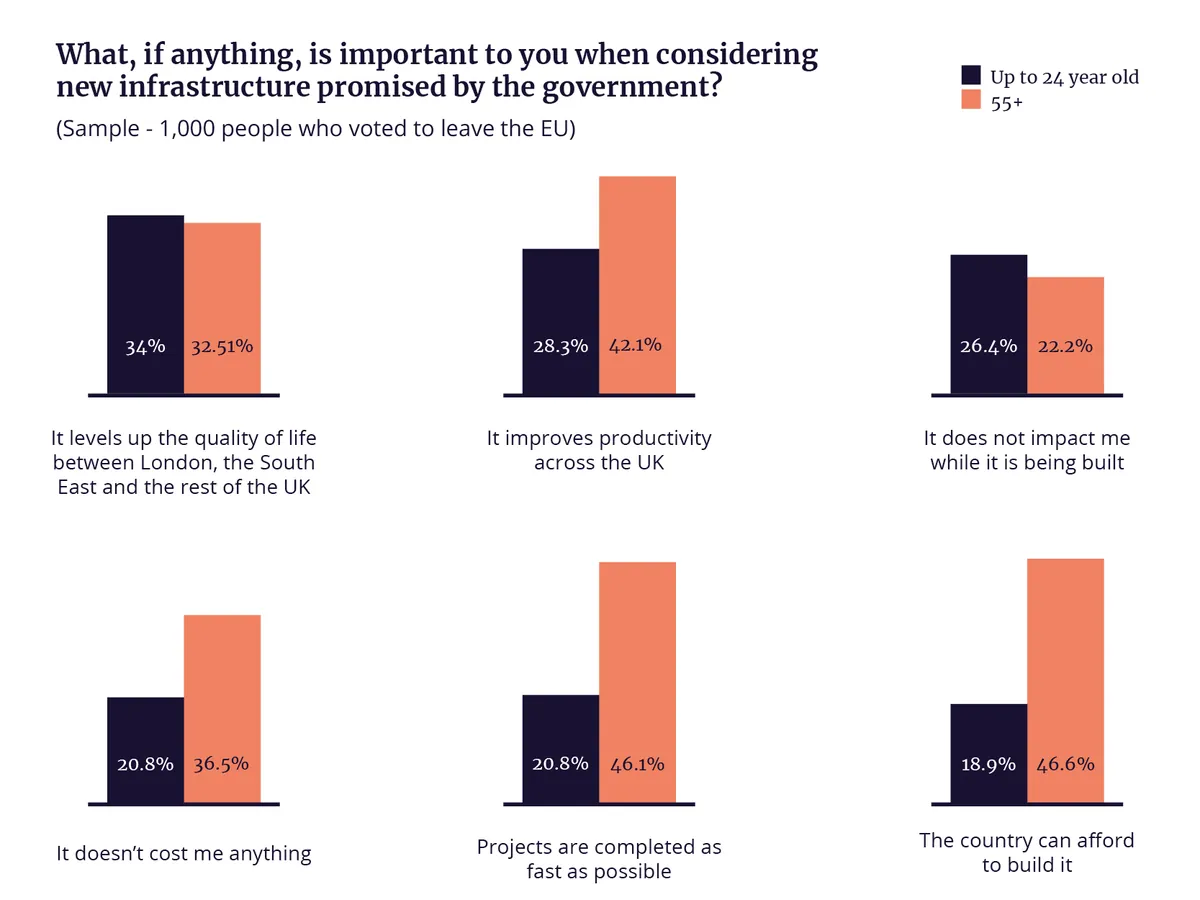UK Finance Minister Pledges 'Guardrails' for Investment in Upcoming Budget
British Finance Minister Rachel Reeves announces plans for "guardrails" in her first budget to ensure responsible borrowing for investment. The move aims to reassure investors amid rising public debt concerns.

In a recent interview with the Financial Times, Rachel Reeves, the British Finance Minister, outlined her strategy for the upcoming budget, emphasizing the implementation of "guardrails" to ensure responsible borrowing for investment. This announcement comes as the Labour government, led by Prime Minister Keir Starmer, seeks to balance its ambitious investment plans with fiscal prudence.
Reeves, who has been serving as Shadow Chancellor of the Exchequer since 2021, stated, "It's about making prudent, sensible investments in the long term and we need guardrails around that." This approach aims to reassure investors who have expressed concerns about the potential rise in public debt, which currently stands at approximately 100% of the UK's annual economic output.
The finance minister's first tax-and-spending budget statement, scheduled for October 30, 2024, is expected to outline increased investment in infrastructure and the transition to a net-zero economy. These initiatives align with the UK government's commitment to achieving net-zero greenhouse gas emissions by 2050, a goal that is estimated to require £1 trillion in investment.

To address investor concerns, Reeves emphasized that her investment plans would be subject to scrutiny by key financial institutions. The Office for Budget Responsibility (OBR), established in 2010 to provide independent economic forecasts, and the National Audit Office (NAO), the UK's independent public spending watchdog, will play crucial roles in evaluating the proposed investments.
Reeves also revealed plans to revise the government's fiscal debt rule to "take account of the benefits of investment, not just the costs." This approach aims to consider the long-term economic impact of public investments beyond the OBR's standard five-year forecasting period.
The finance minister's strategy stands in stark contrast to the economic policies of former Prime Minister Liz Truss, whose plans for unfunded tax cuts in 2022 led to market turmoil and her subsequent resignation after just 45 days in office – the shortest tenure in British history.
To fund the increased investment without resorting to austerity measures, Reeves indicated that higher taxes would be necessary. She stated, "There won't be a return to austerity," referring to the stringent fiscal policies implemented following the 2008 financial crisis. This approach aims to address the UK's ongoing economic challenges, including sluggish GDP growth since the 2016 Brexit referendum and lagging productivity compared to other major economies.
Reeves, drawing on her experience as a former Bank of England economist, emphasized the importance of transparency in public finances. "The idea of this budget is to wipe the slate clean and make an honest assessment of spending pressures and tax as well," she explained. This commitment to fiscal honesty comes at a time when the UK's tax-to-GDP ratio is at its highest level since the 1950s, and public sector net debt reached £2.5 trillion at the end of 2023.
As the Labour Party prepares for its first budget since leaving power in 2010, Reeves and Starmer face the challenge of stimulating economic growth while maintaining investor confidence. Their success in navigating these complex economic waters will likely play a crucial role in shaping the UK's financial future and the Labour government's political fortunes.
"We will make sure that investment genuinely boosts growth and we will look at the role of institutions to demonstrate that, including, for instance, the NAO as well as the OBR."


































